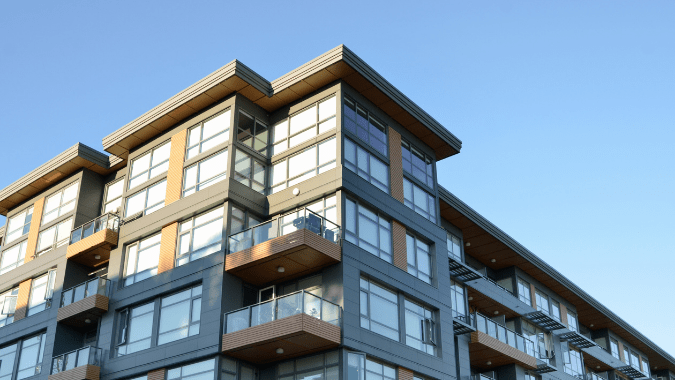Have you ever purchased into a mixed-use Body Corporate and come across or been given a strange document called a Building Management Statement (BMS for short) and never looked at it? Well now is the time to pull that document out my friend and have a read of the type of building you purchased into.
When looking at the BMS, this is a document that regulates areas of the building shared between different individual bodies corporate and other Lots in the Development (i.e volumetric lots or other bodies corporates).
Typically, a Building Management Statement (BMS) shared area would describe:
- who owns the area
- who benefits from the area
- who maintains the area
- a cost-sharing agreement and any other matters that may be relevant to those areas
Every Building Management Statement (BMS) must provide for the supply of utility services, access, support, shelter and insurance arrangements. However, the terms of a Building Management Statement (BMS) are individual and related specifically to that building, and there is no regulation on what does and doesn’t have to be in there.
In many long-established cities such as Paris and New York – mixed-use buildings are the norm. The common ones you may have noticed around you are Retail and Commercial on the ground floor with residential units sitting on top of them. These are becoming more and more common in urban areas and are more appealing to a Developer.
Dispute resolution for a Building Management Statement (BMS) is not handled by the office of the Commissioner for Body Corporate and Community Management though, in Queensland, a Building Management Statement (BMS) is not regulated by the Body Corporate and Community Management Act 1997. The BMS will generally outline how any dispute resolution is to take place – most likely through the normal courts of Queensland, which often come with time delays and huge costs and can often require the assistance of a specialised Solicitor for legal interpretation. A Body Corporate Manager/Administrator can assist you with your Building Management Statement (BMS) disputes, but remember, they are not a Solicitor.
How binding is a BMS?
Extremely. The Building Management Statement (BMS) is a contract and like any contract, it can only be changed with the consent of the parties to it.
The Building Management Statement (BMS) does not often favour the Body Corporate and most of the time the Residential Body Corporate gets caught up in arranging the shared contracts and maintenance for all parties involved, which are expensive and cannot often be recovered.
A suggested way that each Body Corporate involved in a Building Management Statement (BMS) should be set up is, having an appropriate Building Management Group (BMG) established so that they can properly administer the running of the Building Management Statement (BMS). It is also suggested that the Building Management Statement (BMS) create separate accounts, books and records so that everything pertaining to the BMS is dealt with separately, and not mixed in with the Residential Body Corporate accounts (in the event the one company manages the Building Management Statement (BMS) and the Body Corporate.







 What’s Trending Right Now in New Developments
What’s Trending Right Now in New Developments